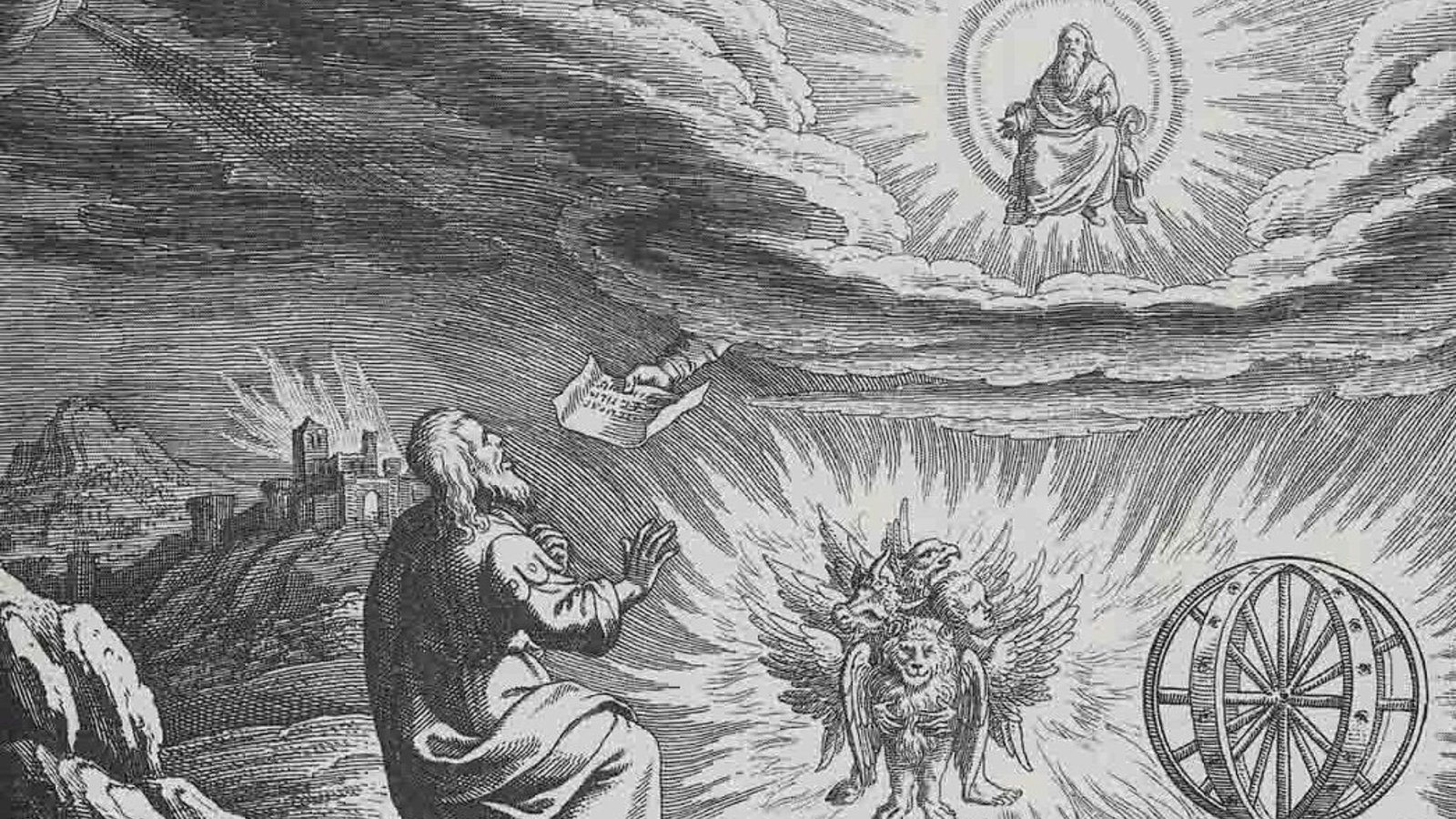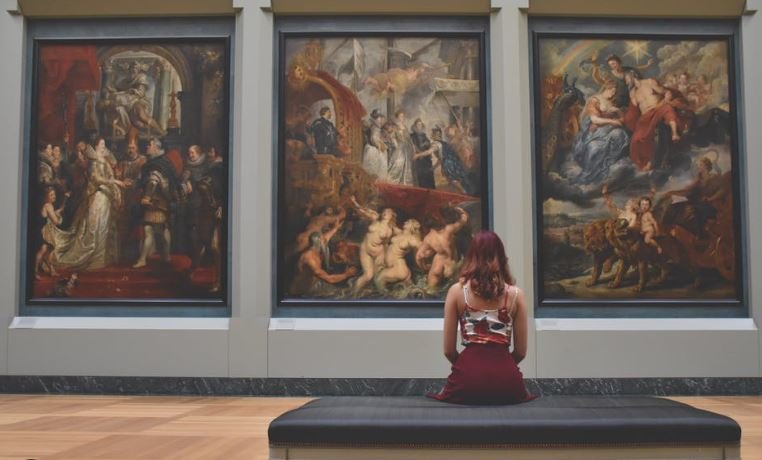The relationship between Jewish culture and popular culture is a rich and multifaceted one, reflecting a dynamic exchange of ideas, values, and artistic expressions. This interplay has shaped both Jewish identity and mainstream cultural narratives, influencing and enriching each other in various ways.

Historical Context
The interaction between Jewish culture and popular culture dates back centuries, with Jewish contributions to art, literature, and entertainment playing a significant role in shaping contemporary cultural landscapes. Historically, Jewish communities have made notable contributions to popular culture, often navigating and adapting to their surroundings while preserving their unique cultural identity.
Jewish Influence on Popular Culture
Jewish culture has significantly impacted popular culture through various forms of media, including film, television, music, and literature. This influence can be seen in the following ways:
- Film and Television: Jewish filmmakers, actors, and writers have made substantial contributions to the entertainment industry. Iconic figures such as Steven Spielberg, Woody Allen, and Mel Brooks have created works that not only reflect Jewish experiences but also resonate with broader audiences. TV shows and films often explore Jewish themes, humor, and storytelling techniques, influencing popular narratives.
- Music: Jewish musicians and composers have played pivotal roles in shaping various musical genres, including jazz, Broadway, and contemporary music. Artists like Leonard Cohen, Barbra Streisand, and Bob Dylan have incorporated Jewish themes and cultural references into their work, blending traditional influences with popular styles.
- Literature: Jewish authors have made significant contributions to literature, with works that explore Jewish identity, history, and experiences. Writers such as Philip Roth, Saul Bellow, and Anne Frank have offered profound insights into Jewish life and its intersections with broader cultural themes.
Popular Culture’s Influence on Jewish Identity
Popular culture also plays a crucial role in shaping and reflecting Jewish identity. This influence manifests in several ways:
- Representation: The portrayal of Jewish characters and stories in popular media helps shape public perceptions of Jewish culture and identity. Positive and accurate representations contribute to a broader understanding of Jewish experiences, while stereotypical or negative portrayals can perpetuate misconceptions and biases.
- Cultural Exchange: The blending of Jewish cultural elements with mainstream trends fosters a dynamic exchange of ideas and practices. This exchange allows Jewish culture to adapt and evolve while contributing to the richness of popular culture.
- Community Engagement: Jewish communities often engage with popular culture through cultural events, festivals, and collaborations. These activities celebrate Jewish heritage and facilitate connections between Jewish culture and mainstream audiences.
The Impact of Jewish Humor
Jewish humor has a distinctive place in popular culture, characterized by its wit, irony, and self-deprecation. This humor has influenced comedic styles and content across various media, including:
- Stand-Up Comedy: Jewish comedians like Jerry Seinfeld, Joan Rivers, and Larry David have brought Jewish humor to the forefront of stand-up comedy, incorporating personal experiences and cultural observations into their routines.
- Television and Film: Jewish humor is a prominent feature in many TV shows and films, often used to address social issues, explore cultural identity, and provide comedic relief. Shows like “Seinfeld” and “Curb Your Enthusiasm” showcase Jewish humor in ways that resonate with diverse audiences.
The Challenges of Cultural Integration
The integration of Jewish culture into popular culture presents both opportunities and challenges. Some key considerations include:
- Authenticity vs. Stereotyping: Balancing authentic representation with the risk of perpetuating stereotypes is a critical concern. Ensuring that Jewish culture is depicted respectfully and accurately helps prevent the reinforcement of harmful clichés.
- Cultural Sensitivity: As Jewish culture intersects with mainstream trends, sensitivity to cultural and religious nuances is essential. Respectful portrayal and understanding of Jewish traditions and values contribute to positive cultural exchange.
Conclusion
The interplay between Jewish culture and popular culture is a dynamic and evolving phenomenon, characterized by mutual influence and enrichment. Jewish contributions to popular culture have left an indelible mark on various artistic and media forms, while popular culture has shaped and reflected Jewish identity in diverse ways. Through this ongoing exchange, both Jewish culture and mainstream cultural narratives continue to evolve, contributing to a richer and more nuanced understanding of cultural identity and artistic expression.




